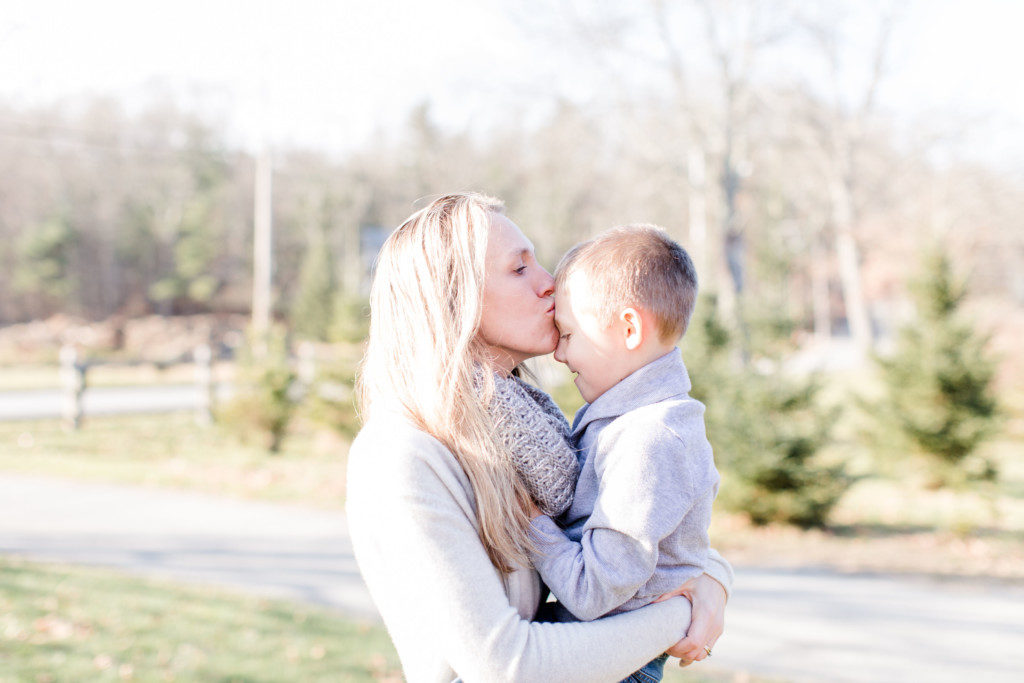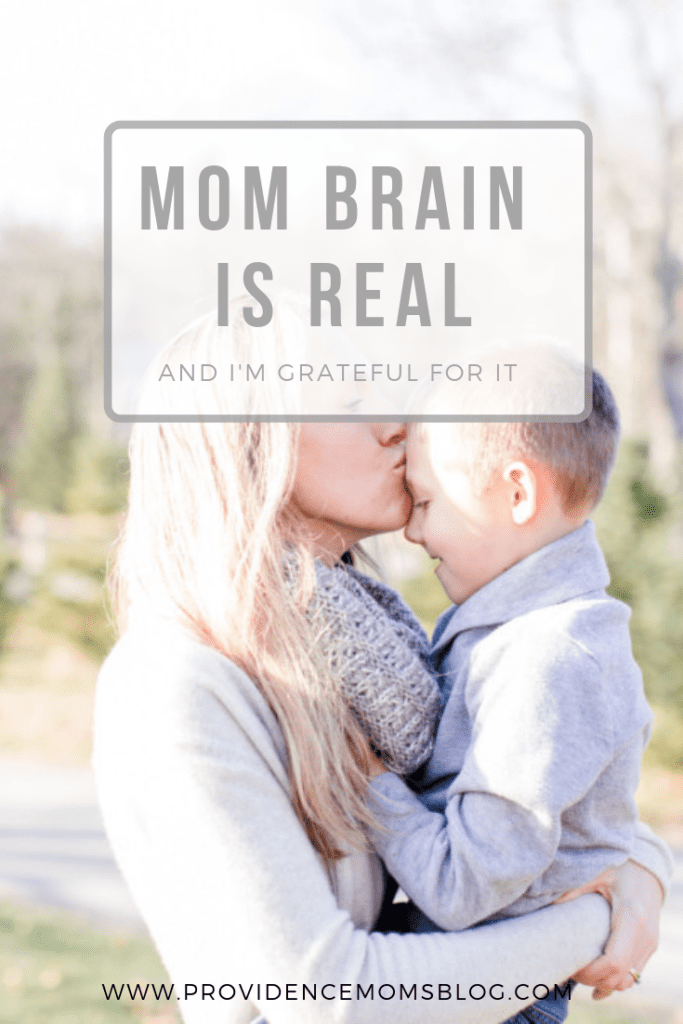
She was just on the verge of falling asleep when something startled her and her arms shot out, grasping my neck. She cried out, and in nanoseconds, I made a quick calculation about how to respond, about the level of comfort I would need to provide in order to soothe her back to sleep. I analyzed the timbre of the cry. It was sharp but brief – she was still more asleep than awake. I placed one hand on her head and one hand on her back. With my head close to hers I made a few soft “shhh”-ing sounds, and a moment later I’d rolled out from beneath her and slipped out of the room.
I lie in bed and watch his eyelids become increasingly heavy, and I can predict the exact moment when he’ll drift off. For almost seven years I’ve sat in dimly lit rooms and watched those eyelids. I’ve memorized the sequence. At first, he’ll stare, wide eyed at the ceiling. “If I try to close my eyes they will just pop open!” He will exclaim. But then he’ll begin to blink and within a few minutes, the blinks will become slower. There will be a pause when the eyelids close – someone else watching might wonder if he’d slipped into sleep. But I know better, and a few seconds later, as promised, they pop open again, his piercing blue eyes staring upwards. I’m not frustrated though, I’m not restless. And not because I have heroic patience at bedtime, patience at bedtime is not a strength of mine. No, I’m calm because I know exactly how close he is to falling asleep. Two long blinks later and he’s succumbed. I know the progression so well it feels like it is part of my DNA.
In a self deprecating fashion we post to Facebook about the things we’ve forgotten, “#mombrain!” we exclaim. Overtired and overwhelmed, we stumble to find words that used to come to us effortlessly. “I swear I used to be smart…” we apologize, “mom brain strikes again!”
But can we actually talk about mom brain for a second? Because from where I’m standing, mom brain is pretty freaking extraordinary.
Sure, from time to time we forget our wallet. But the things we forget are platry in comparison to the things we remember. The things we purport to not know are inconsequential because there is so incredibly much that we do know.
We know exactly how they want their peppers cut.
We know the moment when a tired toddler has crossed over the threshold into overtired. We know overtired means it’s time to give up on bedtime for at least an hour.
In a playground full of children, we can pick out the sound of our child crying even when we’re 30 yards away
We know how long it takes to trim a child’s fingernails – 2 minutes and 5 seconds, the length of “Elmo’s Ducks”. We know that if the child is being particularly cooperative we can be done by the time Elmo reaches one duck.
Just by touching her forehead, we know what the thermometer will say.
We know, when everyone else hears “homie!” that she is saying actually saying “hold me”. We hold her.
When the oldest says “leave me alone” we know to stay close, but when the middle says it we give him his space.
We know when we can ignore the shouts of “ow” and we know when we need to run. And we know the difference between the shrieks of sibling annoyance that will morph into giggles and then the ones that will end in tears.
And those are just the things we know about the here and now. I haven’t even hit upon the things we remember. Our capacity for storing information about our babies is vast, limitless. In these mom brains of ours, we remember encyclopedias worth of information.
We remember the name of their first stuffed animal and the way they perfectly mispronounced those first words.
We remember the look on the face of the oldest when he met his little brother for the first time.
We remember how the youngest cried every day when her brothers left for school.
We remember, in vivid detail the sound of their first cries and our first glimpse of their astounding forms. In our bodies, we store the memory of how it feels to propel another human into this world.
And for as long as we live we will never forgot how it felt when they melted into our bodies for the first time, because that was when we began to understand that we would be the balm for so many of their wounds.
We are the historians of their lives. In our minds we hold the most intricate subtleties of who they were and who they are, we hold the story of how they became human. We hold parts of them even they will never know.
And so, my friends, I reject even as a joke, any pejorative references to “mom brain” because mom brain is a miracle.











I love reading your posts, they make me so proud.
Thank you. ❤️
Love this so very much ♥️
Comments are closed.